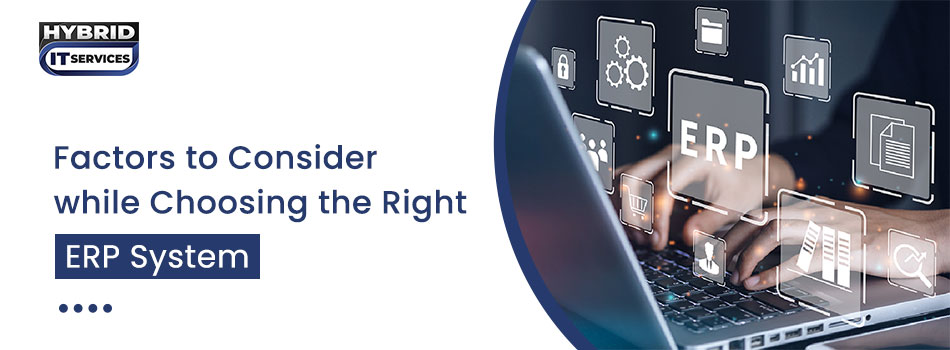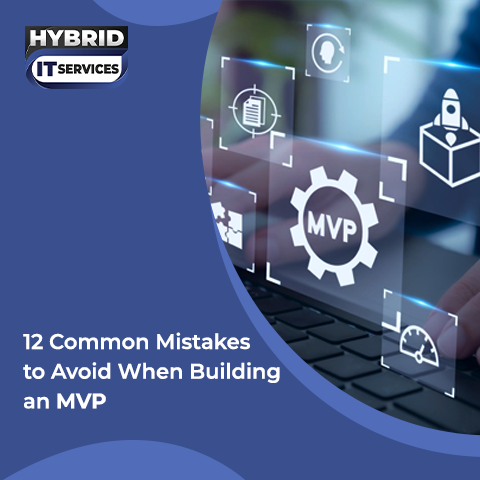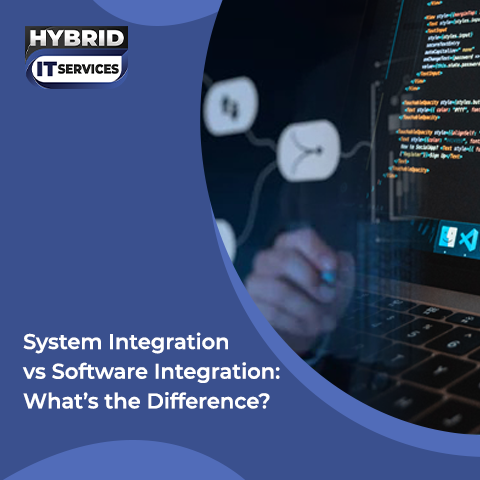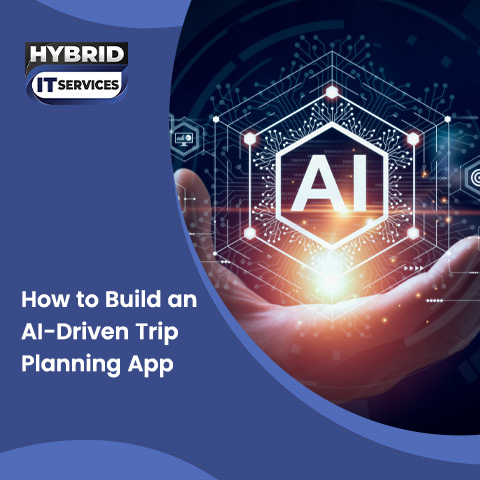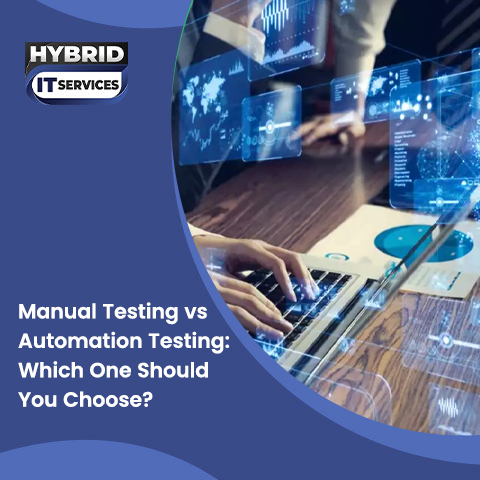Choosing the right Enterprise Resource Planning (ERP) system is critical for businesses aiming to optimize operations, enhance efficiency, and foster growth. An ERP integrates various business functions like finance, HR, inventory management, and customer relationship management into a unified platform, offering real-time insights and streamlined workflows. However, the process of selecting an ERP can be daunting, with numerous factors to consider. Here’s a comprehensive guide to help businesses navigate this decision-making process effectively.
Importance of Choosing the Right ERP System for Your Business
The decision to implement an ERP impacts every aspect of a business, from daily operations to strategic planning. Here’s why choosing the right ERP is essential:
Efficiency and Integration: An ERP streamlines operations by integrating disparate processes, eliminating data silos, and enhancing collaboration across departments.
Scalability: A scalable ERP grows with your business, adapting to changing demands and expanding capabilities without significant disruptions.
Data Accuracy and Decision Making: Real-time data provided by an ERP facilitates informed decision-making, enabling businesses to respond swiftly to market changes and opportunities.
Competitive Advantage: A well-implemented ERP optimizes workflows, reduces operational inefficiencies, and positions businesses ahead of competitors in the marketplace.
You May Also Read: How Do ERP Systems Streamline Business Processes
Factors to Consider while Choosing the Right ERP
An ERP not only centralizes data and processes but also improves decision-making capabilities, reduces operational costs, and enhances overall productivity. The right ERP aligns with your business goals and supports your unique operational needs, ensuring long-term success and scalability.
Define Your Business Needs:
Start by conducting a thorough analysis of your business processes and identifying the specific challenges an ERP system should address. Consider aspects such as inventory management, financial reporting, supply chain visibility, customer relationship management (CRM), and regulatory compliance. Engage stakeholders from different departments to gather comprehensive input on their functional requirements.
Assess Scalability:
Choose an ERP system that can grow with your business. Consider your future expansion plans, whether it involves increasing the number of users, expanding into new markets, or adding new product lines. Scalability ensures that the ERP solution remains effective and efficient as your business evolves, without requiring costly upgrades or replacements.
Evaluate Deployment Options:
Determine the most suitable deployment model based on your business's IT strategy and infrastructure. Cloud-based ERP solutions offer flexibility, scalability, and accessibility from anywhere with lower upfront costs and automatic updates. On-premises ERP systems provide greater control over data security and customization but may require more substantial initial investments and ongoing maintenance. Hybrid ERP solutions combine the benefits of both deployment models, allowing businesses to leverage the cloud's agility while retaining sensitive data on-premises.
Integration Capabilities:
Assess the ERP system's ability to integrate seamlessly with your existing software applications, databases, and third-party systems. Integration ensures smooth data flow across different departments, reduces manual data entry errors, and provides a unified view of operations. Look for pre-built integrations or robust APIs (Application Programming Interfaces) that simplify connectivity with commonly used business applications like CRM software, e-commerce platforms, and productivity tools.
Consider User Experience (UX):
Prioritize user experience when evaluating ERP systems. A user-friendly interface with intuitive navigation and customizable dashboards enhances usability and adoption rates among employees. Conduct usability testing or request demonstrations to gauge how easy it is for users to perform common tasks, access relevant information, and generate reports within the ERP system. Training requirements should be minimal, allowing employees to quickly adapt to the new system and maximize productivity.
Security Features:
Data security is a critical consideration when selecting an ERP system, especially for industries handling sensitive information such as healthcare, finance, and government sectors. Evaluate the ERP vendor's security measures, including data encryption, role-based access controls, multi-factor authentication, and compliance with industry-specific regulations (e.g., GDPR, HIPAA). Regular security updates and vulnerability assessments should be part of the vendor's ongoing support services to mitigate cybersecurity risks and protect confidential business data from unauthorized access or breaches.
Vendor Reliability and Support:
Choose an ERP vendor with a proven track record of reliability, industry expertise, and responsive customer support. Research vendor references, case studies, and customer testimonials to assess their reputation and service quality. Consider the vendor's financial stability, commitment to innovation, and ability to provide timely updates, patches, and technical support. Clear service level agreements (SLAs) outlining support response times, maintenance schedules, and escalation procedures ensure that any issues or downtime are promptly addressed to minimize business disruptions.
Customization Flexibility:
Select an ERP system that offers flexibility in customization to accommodate your unique business processes and industry-specific requirements. Customizable features, workflows, and reporting capabilities allow you to tailor the ERP solution to align closely with your operational workflows, regulatory compliance needs, and strategic objectives. Work closely with the ERP vendor or implementation partner to define customization options, implementation timelines, and training resources to ensure a successful deployment that meets your business's specific needs.
Evaluate Total Cost of Ownership (TCO):
Calculate the total cost of ownership (TCO) associated with implementing and maintaining the ERP system over its lifecycle. Consider initial licensing fees, implementation costs (e.g., data migration, training), ongoing maintenance expenses, and potential costs for upgrades, customizations, and integration with third-party systems. Compare pricing models, such as subscription-based vs. perpetual licenses, and evaluate the ROI (Return on Investment) based on projected efficiency gains, cost savings, and revenue growth opportunities facilitated by the ERP solution.
Demo and Trial Period:
Before making a final decision, request a comprehensive demo or trial period from shortlisted ERP vendors to evaluate the system's functionality, usability, and alignment with your business requirements. Engage key stakeholders, including end-users from different departments, to participate in hands-on testing and provide feedback on the ERP's performance, features, and overall user experience. Use this opportunity to assess the ERP vendor's responsiveness, training resources, and willingness to address specific customization requests or integration challenges identified during the trial phase.
You May Also Read: ERP Software Development: The Ultimate Guide
Impacts of Choosing the Wrong ERP System on Businesses
Choosing the wrong Enterprise Resource Planning (ERP) system can have significant consequences for businesses across various aspects of their operations. Here are some key consequences:
- Decreased Efficiency and Productivity
- Data Inaccuracy and Poor Decision-Making
- Customer Dissatisfaction and Loss of Trust
- Increased Operational Costs
- Difficulty in Compliance and Risk Management
- Limited Scalability and Adaptability
- Negative Impact on Employee Morale
- Disruption to Business Continuity
Trust Hybrid IT Service to Choose Right ERP
Hybrid IT services play a pivotal role in guiding businesses through the ERP selection process. These services combine expertise in both on-premises and cloud-based solutions, offering tailored advice and implementation strategies. Hybrid IT providers assess business needs, recommend suitable ERP systems, oversee implementation, and provide ongoing support and optimization. Their specialized knowledge ensures businesses make informed decisions aligned with their technological and operational goals.
Conclusion
Choosing the right ERP system is a strategic decision that can significantly impact a business’s efficiency, growth, and competitive edge. By understanding the importance of selecting the right ERP, following these ten tips for evaluation, and leveraging the expertise of Hybrid IT services, businesses can navigate the complexity of ERP selection with confidence. A well-chosen ERP not only centralizes operations but also empowers organizations to innovate, adapt to market changes, and achieve sustainable growth in today's dynamic business landscape.

